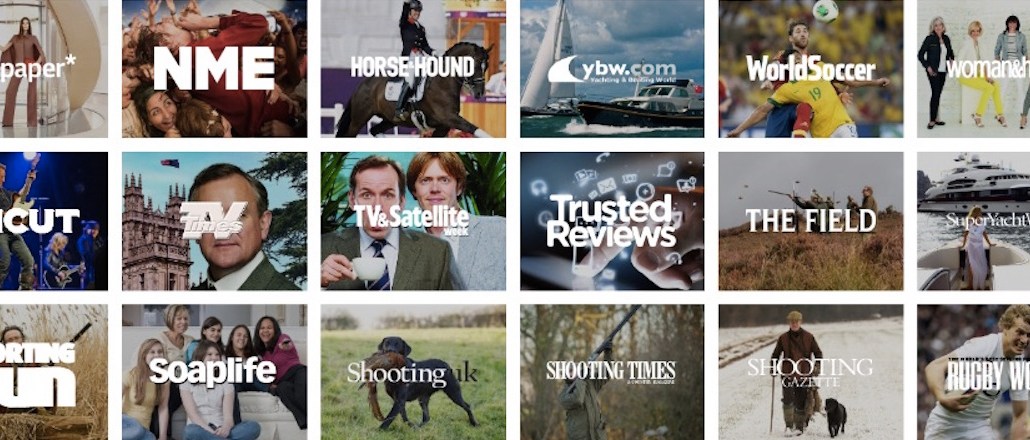With digital agency acquisition, Time Inc. UK looks to scale programmatic and native

The lines between publishers and agencies continue to blur. Witness Time Inc. UK‘s buyout of digital creative agency Collective.
London-based Collective and its 47 staff will continue to operate separately but will now collaborate with Time Inc. staff on briefs with clients. The company has clients including O2, Sky, Disney and Unilever, and it provided branded content, display and video services for them. It also has a suite of digital native ad products Time Inc. can now tap.
The move is going to set in motion numerous other plays, predominantly in the native advertising, video and programmatic space, according to Time Inc. UK’s chief revenue officer, Sam Finlay.
“This is just the start,” he told Digiday. “We’re evolving to find new ways to provide customers with services beyond magazines. We have that brilliant relationship born with readers and its brands over the years; now it’s about capitalizing on that trust with new business models.”
The two main areas Collective will help Time Inc. UK scale: programmatic and native advertising. The publisher was relatively slow to join the party when it comes to in-house native content studios, but it’s looking to catch up fast. It launched its creative solutions arm, The Foundry, earlier this year and has since seen revenues grow “double digits,” according to Finlay. The studio’s structure is still being finessed, but this is a major area the publisher plans to scale.
“One of the areas Collective excels in is their creative studio for clients, and the native ads and high-impact display formats they build,” said Finlay. “We’re not in the business of direct response of cost-per-acquisition really. We’re more about brands and content, and so are they. The fact they can then align that with their programmatic will also help us accelerate there. Their international potential is also strong.”
It’s been an uncertain time for all in the last few weeks, following the EU Referendum. The current news cycle is wall-to-wall Brexit. For media the prognosis is also grim, with reports circulating about clients pulling back on advertising spend as a direct result.
Finlay said advertisers are indeed holding back spend and blaming Brexit for doing so. “Brexit hasn’t helped a [media] market that wasn’t the most stable to begin with,” he added.
Douglas McCabe, CEO of media analyst Enders, said publishers are having to think long and hard about what it is advertisers really want and how they provide those things in the market, at a time when the majority of ad spend is going to Google and Facebook.
“Organic development may not progress publishers quickly enough. Acquisitions such as Collective can fast-track a publisher’s response and give them a good deal more flexibility and range,” he said. “It’s also one of those deals where both parties get something very positive, adding real value to their existing proposition and strengths.”
More in Media

Digiday+ Research: Dow Jones, Business Insider and other publishers on AI-driven search
This report explores how publishers are navigating search as AI reshapes how people access information and how publishers monetize content.

In Graphic Detail: AI licensing deals, protection measures aren’t slowing web scraping
AI bots are increasingly mining publisher content, with new data showing publishers are losing the traffic battle even as demand grows.

In Graphic Detail: The scale of the challenge facing publishers, politicians eager to damage Google’s adland dominance
Last year was a blowout ad revenue year for Google, despite challenges from several quarters.





